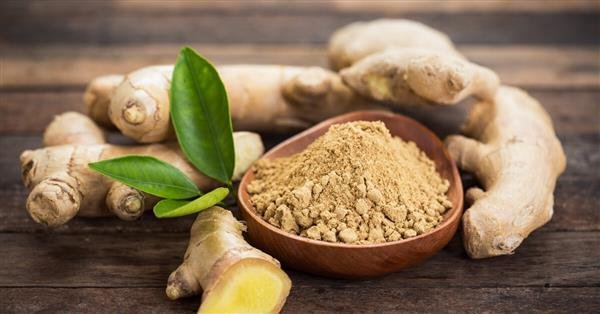Dubai, United Arab Emirates – Most people think that ginger is just a simple spice. However, research has proven that it has many benefits for the general health of the body, especially the heart.
Recent reviews published in the journal Chioros revealed that ginger is beneficial for heart health. It has been proven to lower blood pressure, cholesterol, and inflammation. Furthermore, it reduces fat deposition in the arteries.
Whether added to drinks, other foods, or taken in capsule form, ginger has been considered a medicine to soothe the digestive system. It is also used to reduce nausea.
Scientific studies have shown that adding ginger to food has several benefits.
Reduce blood pressure
Studies have revealed that ginger supplements are linked to lowering systolic blood pressure.
Liz and Nandi, a nutritionist, explained how ginger compounds work in a similar way to medications. This allows blood vessels to relax and suppress the heart rate, which lowers blood pressure.

Cholesterol and fat
Ginger reduces bad cholesterol and triglycerides, two types of fats that may accumulate in the arteries. This accumulation increases the risk of heart disease.
One study revealed that obese people had improved cholesterol levels after eating ginger daily.
The researchers attributed this decrease to active substances in ginger, such as polyphenols and flavonoids.
Reducing inflammation
Chronic inflammation is a major factor in heart disease.
Nutrition professor Lindsay Malone said that ginger is rich in compounds such as gingerol, shogol, and Bardol. These compounds have a strong anti-inflammatory effect.
One study found that eating two grams of ginger daily for three months reduced inflammation.

Preventing atherosclerosis
Ginger compounds provide protection for cardiovascular cells from damage caused by free radicals, reducing the risk of heart attacks.
sugar level
The same review revealed that ginger plays an important role in blood sugar management. This is especially true for people with type 2 diabetes.
Ginger compounds have been shown to help transport glucose from the bloodstream to the muscles, lowering high blood sugar levels.
Experts recommend adding ginger to your daily diet, whether fresh, dried, or in juice recipes.

















